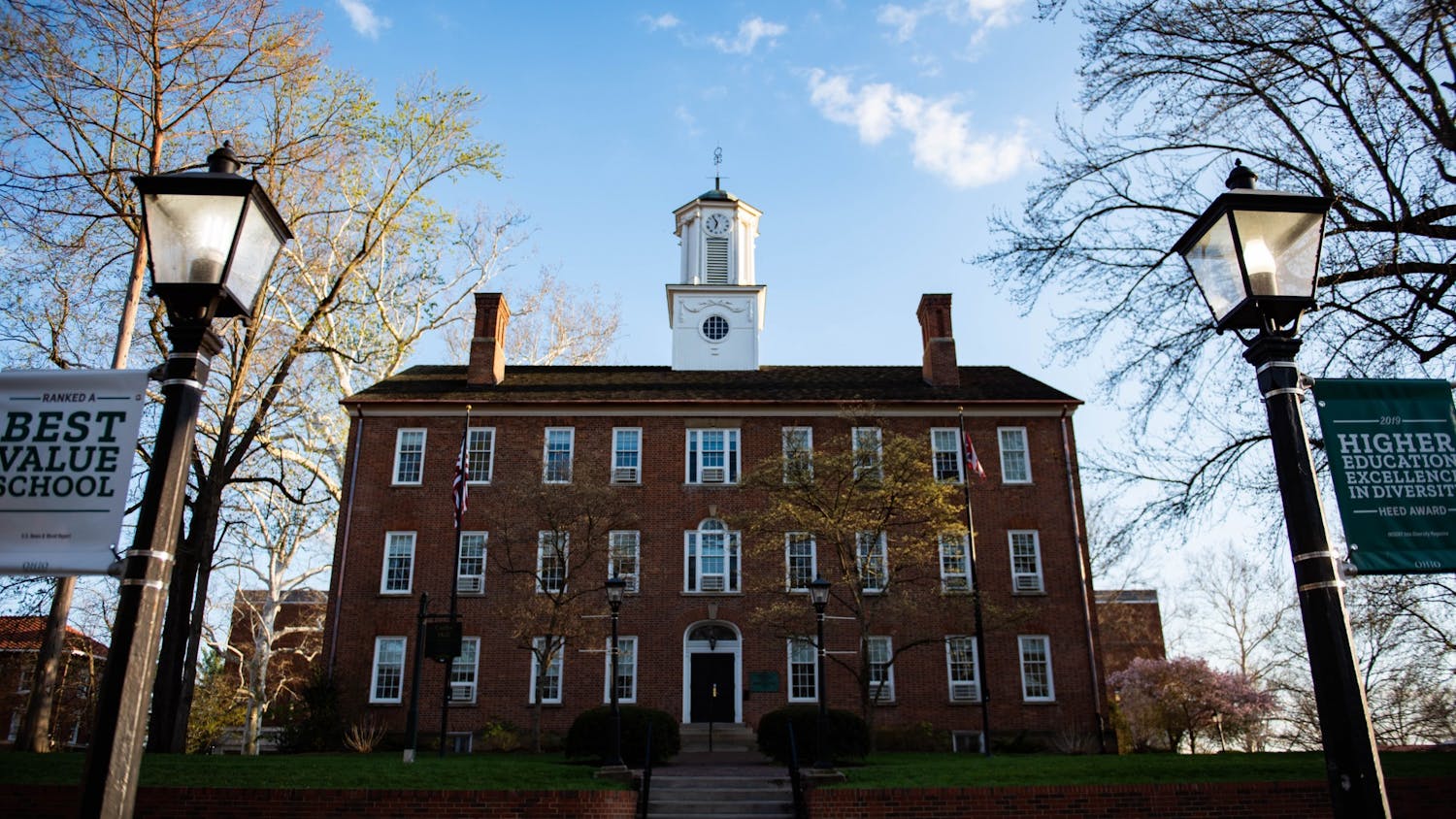Some Ohio University professors have raised concerns about public health in Athens after the university announced on Oct. 29 that all residential students will be given the option to move back into campus housing for Spring Semester.
Anthropology professor AnnCorinne Freter-Abrams is concerned about medical infrastructure in Athens due to the recent rise in COVID-19 cases in Ohio.
“My main concern is for the health of the students, faculty, staff, and Athens community. Especially with COVID increases in the state of Ohio- and a vaccine not available to the general public likely until after spring term,” Freter-Abrams said in an email. “Athens could easily get to the point where it really doesn’t have the medical facilities to take care of those that are critically sick.”
Chemistry professor Stephen Bergmeier has similar concerns with public safety and that the time of year will lead to increased illness in Athens.
“It is going to be winter … I'm concerned there's just going to be a lot more of the sort of effectivity going on,” Bergmeier said. “Even under normal circumstances, I almost always get sick in Spring Semester.”
Despite the concerns with the possible increase in COVID-19 cases, Carl Brune, physics and astronomy professor, believes students who are moving back to campus will benefit academically.
“Some students do very well with online classes and they don't have any problem attending. And when they attend, they're still making an effort to ask questions and be engaged,” Brune said. “But I also know that there are other students for whom that's not the case and it may be more difficult ... for them to, especially, really engage in the lectures when they're not actually on campus. And so I do think for a lot of students it's going to help getting in the university environment.”
Students at OU were informed of Spring Semester plans on Oct. 29. However, some professors feel they weren't given enough information about spring semester plans.
Although OU sends out email updates to faculty, Brune said he found out a lot more about Spring Semester from his students.
“From where I'm sitting, the faculty are not being consulted with,” he said. “And I've actually learned a lot from talking to students about what is happening. And so sometimes, that's a little bit frustrating …. For like the plans for next semester, we were told a long time ago to start planning for various contingencies — everywhere between completely online and completely in-person.”
Bergmeier was in a similar position in terms of learning about Spring Semester plans.
“We did go through all the courses that we're offering in the Spring Semester, and letting the university know, ‘would I like this to be in person, would I like it to be online,’” Bergmeier said. “And, so that was done, but we were not given any — or at least I was not — given any indication that we're going to invite everybody back.”
Freter-Abrams, however, said she has received detailed email updates from the university and the dean’s office for the anthropology department about Spring Semester.
Despite students being able to move back to campus for the Spring Semester, many classes will remain online. For those online classes, more will be taught synchronously than asynchronously. The amount of in-person and hybrid classes will also be increased.
“I also think it might be good for a lot of the students, at least, to get here to campus and kind of get back to being a student,” Brune said. “It's kind of a transition from childhood to adulthood and for getting on with that process a little bit … I guess I'm cautiously optimistic that it's going to work out OK.”




